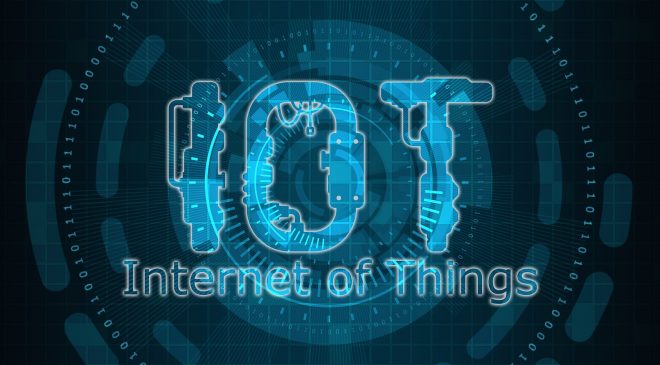
Growth is driven by increased adoption of location tracking, facial recognition, remote working, etc.
Asia Pacific spending on Internet of Things (IoT) will expand by 9.6% in 2021, accelerating from 1.5% in 2020. The latest release of IDC’s Worldwide Semiannual Internet of Things Spending Guide indicates a gradual growth of IoT market in the region across the forecasted years (2021-2025) and is expected to reach $437 Billion by 2025 with a CAGR of 12.1%. This growth is driven by increased adoption of location tracking, facial recognition, remote working, cold chain logistics & tracking of vaccines, video-centric application, and deployment of 5G in the region.
“IoT in the Asia Pacific excluding Japan (APEJ) markets continues to grow steadily across multiple industries including transportation, retail, manufacturing, resources, and utilities driven by the increased capacity and reliability of fiber and cellular network infrastructure,” says Bill Rojas, Adjunct Research Director at IDC Asia/Pacific. “In many Phase I projects enterprises focused on a single use case and on acquiring the data streams from single sources but as the organizations gain a deeper data-driven understanding of their operations, they can start to use other data sources (such as geolocation, machine maintenance data, weather, transactions activity, vehicular telemetric traffic data, and so on) to improve their analytics and expand beyond the original use case,” Rojas adds.
Discrete and Process manufacturing will be the largest source of IoT spending in APEJ, with one-third of the shares in 2021, followed by consumer and government, respectively. Businesses continue to open, and economic activities get back to normal, which has increased the confidence of the organizations. Accelerating technology investments, especially in manufacturing, retail, transportation, construction, and consumer sectors are on focus. Industries that will experience the fastest growth in 2021 are Construction and Retail, with a growth of 13.1 % and 13%, respectively.
Use cases that are driving IoT spending growth in 2021 are Manufacturing Operations, Production Asset Management, Omni-Channel Operations, Smart Grid (Electricity), Smart Homes, and Freight Monitoring which follows a similar pattern – with spending growth as host industries. The use-cases related to healthcare such as bedside telemetry, remote healthcare monitoring will continue to be one of the fastest-growing use-cases in 2021, along with Omni-Channel Operations, Environmental Monitoring Detection, and Connected Vehicles. Governments and organizations are focusing on use-cases that emphasize public safety and reduce human interactions and environmental impact.
“Enterprises no longer think IoT value is only limited to achieve operational efficacy and improved productivity. They see IoT as an enabler in the evolution of enterprises’ requirements and challenges in an ever-changing business environment. Many organizations are willing to invest in digital technologies such as IoT, AI to fully leverage the new expansive role of data in emerging digital business models,” adds Sharad Kotagi, Market Analyst at IDC Asia/Pacific.
The services market for IoT will be the largest technology group in 2021 and through the end of the forecast. IoT services spending is dominated by Industrial Implementation and Other Ongoing Services. Together, these two categories account for roughly a third of all IoT spending. Hardware spending is dominated by module/sensor purchases and will be nearly as large as IoT services. Software will be the fastest growing technology category with a five-year CAGR of 15.1% with a focus on application and analytics software purchases.
From a geographical perspective, China, Korea, and India will account for more than three-fourths of overall IoT spending in APEJ throughout the forecast, followed by Australia and Indonesia. Increased focus on building smart infrastructures such as wider connectivity coverage, 5G deployment, public wi-fi zones, smart grid, and initiatives like smart cities, Industry 4.0, and special economic zones are the main driving factors for the IoT growth in the countries across Asia Pacific region. Countries that will see the fastest IoT spending are Hong Kong, Singapore, and Malaysia.
The Worldwide Internet of Things Spending Guide forecasts IoT spending for 9 regions and 53 countries at 19 technology categories and 81 named use cases across 20 industries. Starting with this release of IDC Worldwide IoT Spending Guide, the IoT services forecast will be split into Industrial Implementation, Ongoing IT Services (IT Outsourcing & Support), Other Ongoing Services, Project Oriented and Strategy and System Design at the maximum level of detail, across regions, industries, and use cases. This provides tech buyers and providers with an effective new tool to understand how the plethora of IoT use cases call for multiple connectivity types, driven by different expectations in terms of latency, bandwidth, and data frequency.




